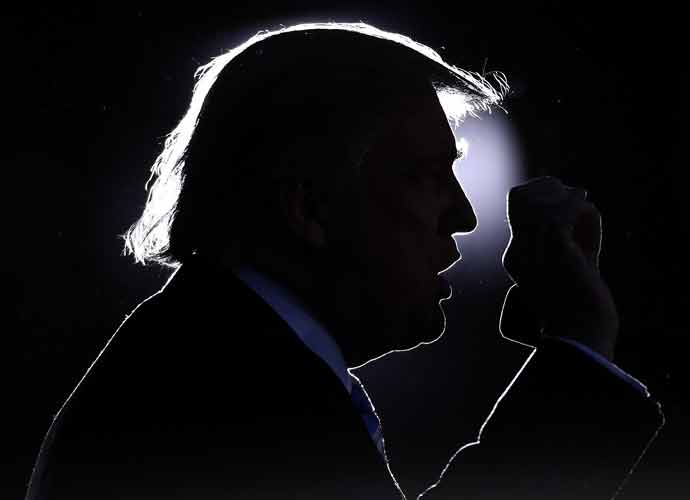Trump’s Jan. 6 Indictment Uses Obstruction Statute That’s Rarely Been Used – And Could Complicate Case
Former President Donald Trump was indicted for his alleged attempts to overturn the 2020 presidential election in July. He was charged on four counts, some of which have not been used for decades.
The indictment accuses Trump of conspiracy to defraud the United States Government, conspiracy to impede the January 6 congressional proceeding, conspiracy against the right to vote and have that vote counted and obstruction of the certification of the electoral vote.
The 2002 statute of conspiracy to impede an official proceeding was enacted by Congress to charge the conduct of energy-trading giant Enron Corporation’s outside auditor, Arthur Andersen. Andersen was convicted of destroying documents amid a government investigation into the company.
Congress adopted the obstruction language that Trump is now being charged with under the Sarbanes-Oxley Act of 2002. An earlier law criminalized persuading someone to interfere with an investigation or official proceeding but did not offer a way to prosecute the party that carried out the interference.
Subscribe to our free weekly newsletter!
A week of political news in your in-box.
We find the news you need to know, so you don't have to.
The current application of the law is used in cases that involve evidence tampering, but also refers to any effort to “otherwise” corruptly obstruct an “official proceeding.” This, as the Justice Department has argued, could successfully pertain to Trump’s case.
Other defendants charged for the events of January 6 have requested a narrower reading of the type of obstructive acts that fall under this statute. Some have argued that the law should only apply to obstruction cases involving records or physical evidence, though most federal judges have rejected these claims.
As Trump prepares to go to trial, the fight against obstruction laws is still unsettled and could trigger multiple pretrial motions on behalf of the defense.
The former president’s indictment, however, will offer prosecutors a new way to approach the crimes committed on January 6, as this is the first time in the nation’s history that a former president has been charged with such acts and thus provides an opportunity to set new precedents.
Get the most-revealing celebrity conversations with the uInterview podcast!









Leave a comment